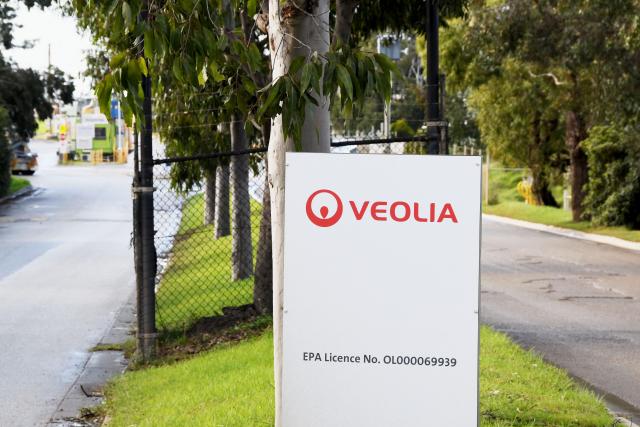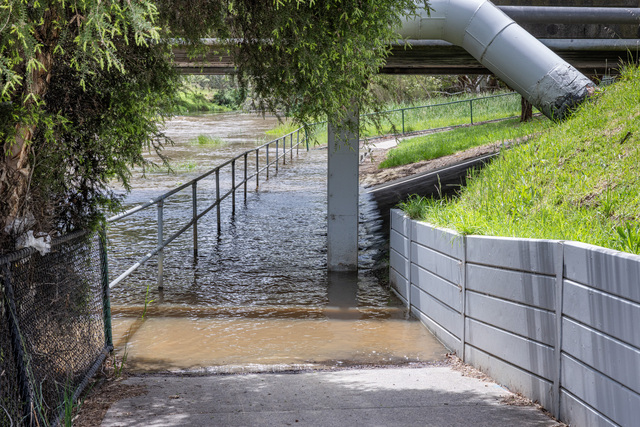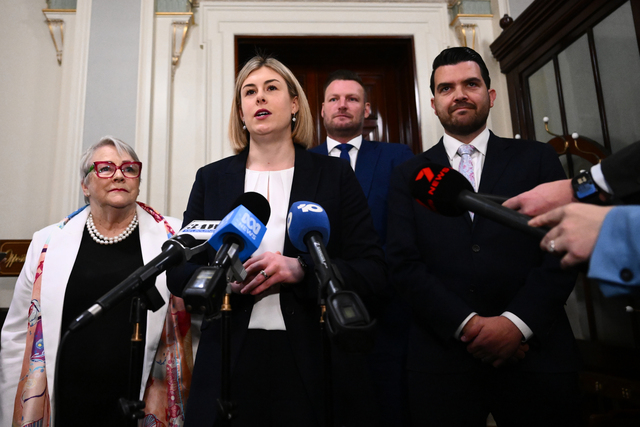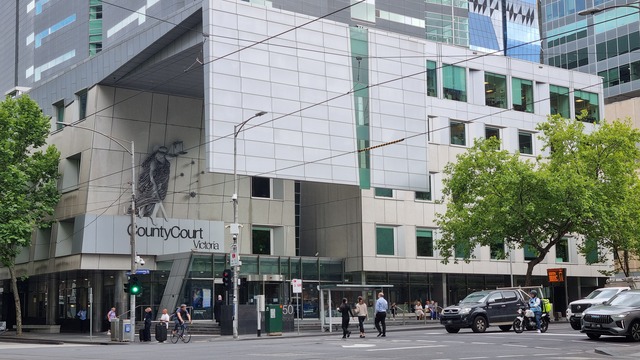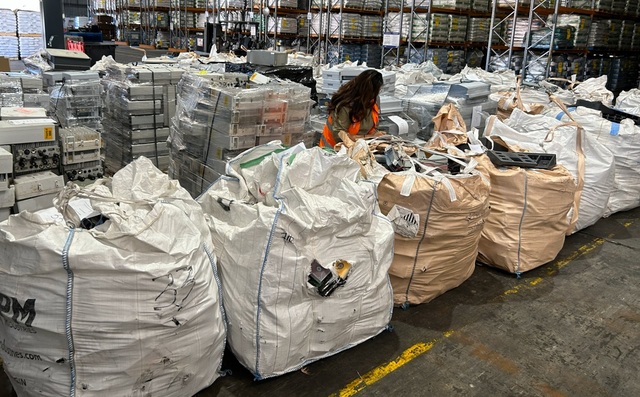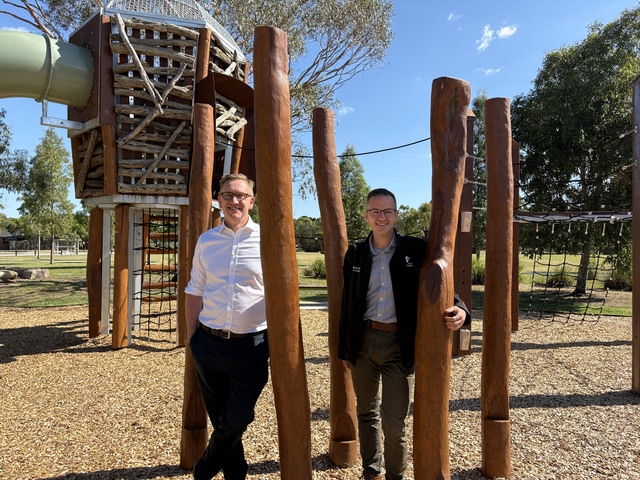A local resident and community group have been denied permission to formally join the VCAT case over a development licence for the proposed Hampton Park Waste Transfer Station.
The state tribunal has declined applications by local Garry Page and Casey Residents and Ratepayers Association (CRRA) to be joined as parties in the development licence case.
In a VCAT case, to “join as a party” means you become a formal participant in the proceedings. This status gives you specific legal rights and responsibilities, beyond just making a public submission or attending a hearing as an observer.
Earlier in May, Star News reported that the controversial Hampton Park Waste Transfer Station by Veolia is in the hands of the state’s planning tribunal after the approval authority, Environmental Protection Authority (EPA) Victoria, failed to decide on the license within the required four-month legal timeframe, despite ultimately rejecting it.
Mr Page submitted that his application as a joinder was to “ensure his and other submissions (during the community consultation late last year) are appropriately dealt with and not simply dismissed or overlooked to conform to the statutory timeframes”.
He noted that not all the views and interests of the community had been taken into account by the EPA in forming its view to reject the development licence.
He was concerned that at the August hearing, no party would present arguments challenging Veolia beyond the EPA’s limited scope.
He also stated that the potential reduction of public open space for enjoyment and recreation close to the site of the proposed waste transfer station might be considered to “unreasonably and adversely affect his physical and personal interests”.
CRRA applied to join to represent the broader community’s concerns about the potential environmental and social impacts of the proposed facility.
Veolia opposed to both joinder applications primarily on the basis that “joinder applicants had not made out a sufficient case for joinder”.
In its decision, the tribunal determined that neither Mr Page nor the CRRA demonstrated a sufficient financial, physical or personal interest to warrant formal participation in the proceedings.
VCAT emphasised that for an individual or group to be joined as a party, they must show that their interests are directly affected by the outcome of the case.
While the Tribunal acknowledged the community’s concerns regarding the proposed facility, it concluded that these could be adequately addressed through written submissions rather than formal party status.
“I accept that Mr Page’s desire to be involved in this proceeding emanates from a genuine concern about possible impacts that may be occasioned if a development licence for the transfer station is granted, however I am not satisfied that the Tribunal would be sufficiently assisted by the advancement of the matters listed in his statement of grounds as to make it desirable that he be joined as a party to this proceeding…” VCAT senior member S P Djohan stated in the outcome document.
Anthony Tassone, vice president of CRRA, said CRRA was “deeply disappointed” that its application to be a joinder had been rejected by VCAT.
“According to Veolia’s website, they say they ‘remain committed to working with the community’ about the WTS, yet objected to our application to join the proceedings (while EPA Victoria remained neutral and did not object),” he said.
“Talk is cheap, and actions speak louder than words.”
Mr Tassone stressed that the role of VCAT was to ‘provide fair, efficient and affordable justice for the Victorian community’.
“We question how VCAT can give the community confidence in giving them ‘justice’ without their voice being heard during the proceedings,” he said.
“Yes, we need a solution to our growing and increasingly challenging waste management needs, but it can’t come at the expense of the health of our residents and environment with noise and odour management.”

